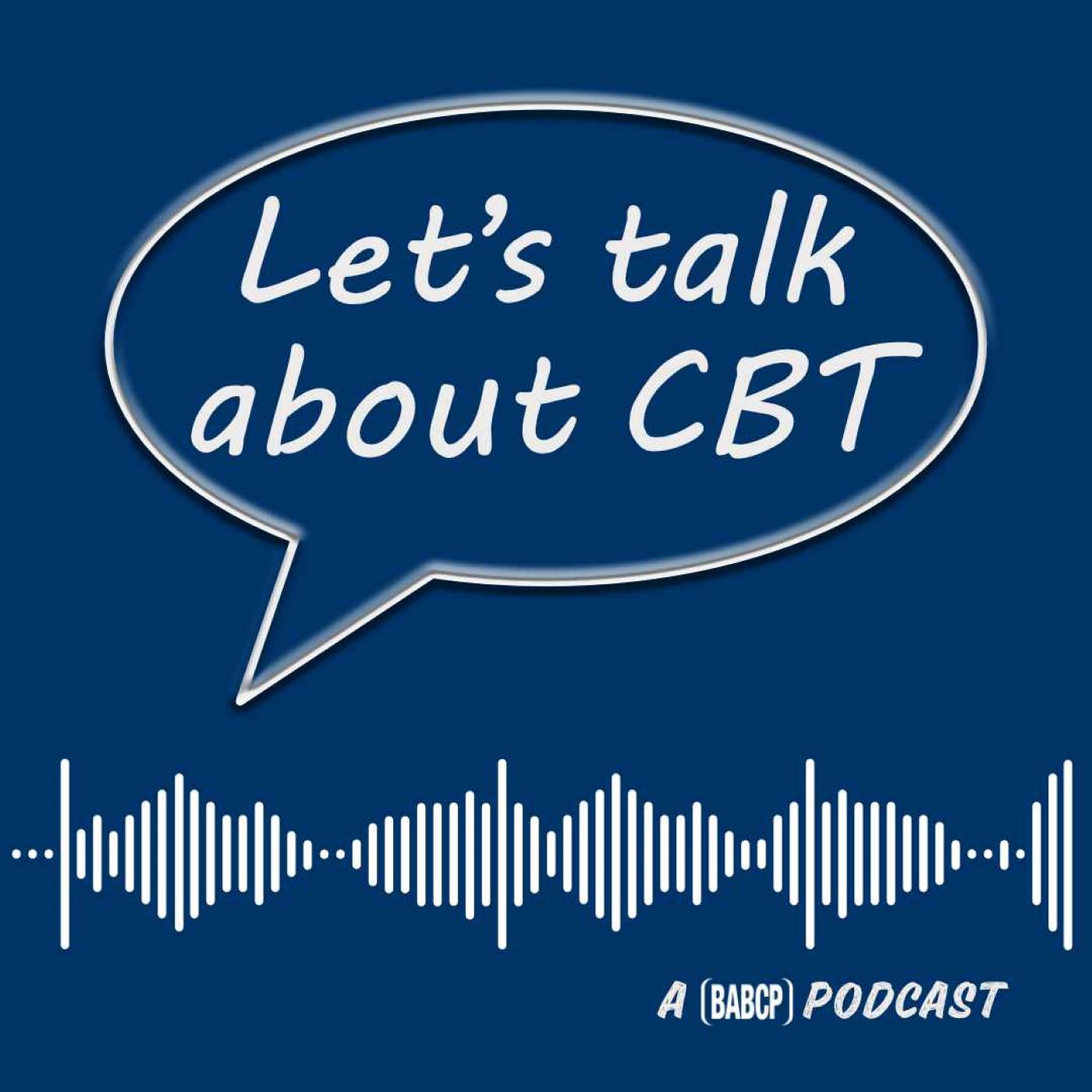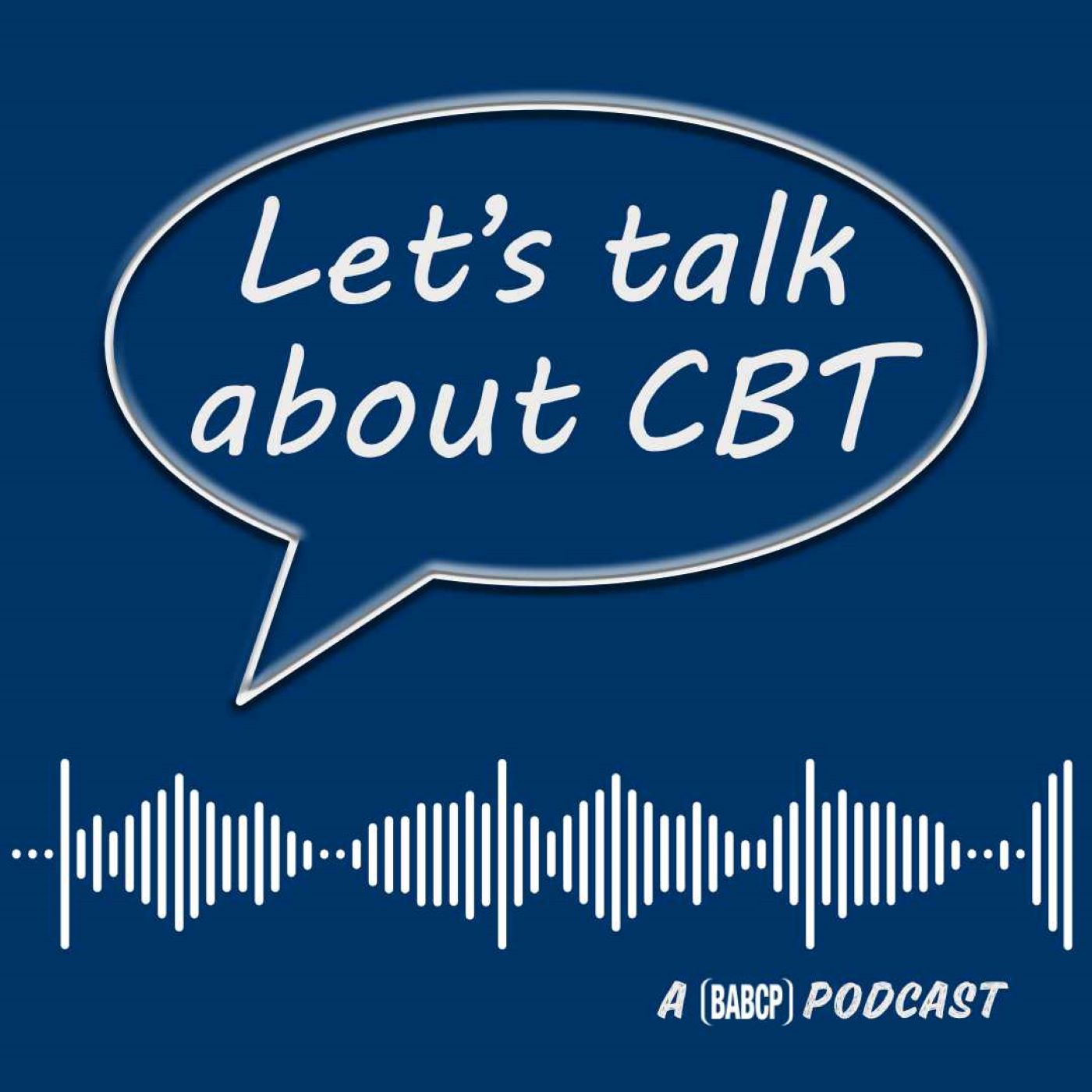Let’s Talk About…CBT for Gambling Addiction
Description
In this episode of Let’s Talk About CBT, Helen Macdonald speaks with James from the charity Gambling with Lives about the serious impact of gambling addiction, its links to mental health, and the role of CBT in recovery.
What We Cover in This Episode:
🔹 How gambling has changed – From a backstreet niche to an industry making billions through addictive products.
🔹 Gambling addiction and mental health – How gambling harms go beyond financial loss and can lead to depression, anxiety, and even suicide.
🔹 The neuroscience of gambling – How gambling rewires the brain, making it difficult to stop.
🔹 Recognising the warning signs – What to look for in yourself or a loved one.
🔹 The role of CBT in recovery – How cognitive behavioural therapy is a key treatment approach in NHS gambling addiction services.
🔹 Breaking the stigma – Why gambling addiction is not just about personal responsibility and we need to talk about how it can harm people and the amount of gambling advertising that is out there.
🔹 Getting help – Resources for those affected, including training for healthcare professionals.
Resources & Links:
Find out more about Gambling with Lives: gamblingwithlives.org
Visit Chapter One for training and resources: chapter-one.org
NHS gambling support services: NHS gambling support
If you or someone you know needs urgent help, reach out to Samaritans at 116 123 (UK) or visit samaritans.org
Find our sister podcasts and all our other episodes in our podcast hub here: https://babcp.com/Podcasts
Have feedback? Email us at podcasts@babcp.com
Follow us on Instagram & Bluesky: @BABCPpodcasts
Credits:
Music is Autmn Coffee by Bosnow from Uppbeat
Music from #Uppbeat (free for Creators!): https://uppbeat.io/t/bosnow/autumn-coffee
License code: 3F32NRBYH67P5MIF
This episode was edited by Steph Curnow
Transcript:
Helen: Hello, and welcome to Let's Talk About CBT, the podcast where we talk about cognitive and behavioural psychotherapies, what they are, what they can do, and what they can't. I'm Helen Macdonald, your host. I'm the Senior Clinical Advisor for the British Association for Behavioural and Cognitive Psychotherapies
Welcome to today's episode. I'm really pleased to have James with me today. He's from an organisation called Gambling with Lives, and I will ask him first to introduce himself. Hello, James.
James: Hi Helen, thank you for having me on. I'm James. I live in Stockport, originally from Norfolk, hence I haven't got a Northern accent, but I'm here today representing the charity Gambling with Lives. The charity was set up by bereaved families who'd lost loved ones to gambling related suicide and I now oversee our prevention work, which includes education, training, information, and resources. And a lot of that stems from my own lived experience of a 12-year gambling addiction, which started as a young person, and which I'm sure we'll touch on today.
Helen: Thank you, James. And so I'm very aware that a charity that's been very much grounded in the experiences of bereaved families, there's going to be some difficult things to talk about here. And just to say for our listeners, there will be links to where to find help and support on the show page and as well as anything that we talk about during today's episode. So can I ask you just to tell us a little bit more about gambling? What is it? You know, how people might get themselves into trouble with it, maybe?
James: Yeah, it's a big question. And the first answer that comes to my head is that gambling is not what it was. I think a lot of people have a perception of what gambling is, and that's a weekly bet at the horses or going to the bingo on a Thursday night, or the football pools. Gambling has absolutely transformed over the last 10, 20, 30 years. And it all really started from a point in 2005 when the Gambling Act was created by the Labour government at the time, which changed gambling from being this thing that was, you know, quite hidden, quite behind closed doors, wasn't promoted, was quite hard to go and do, wasn't that easy or available or accessible, and that Gambling Act changed that completely and allowed for relentless advertising, sponsorship, marketing, and allowed for bookmakers in the high street to have really addictive electronic machines in their premises. And they were things like the fixed odds betting terminals, which were roulette machines, which at the time were called the crack cocaine of gambling because they were that addictive. And that was not what gambling was. I remember when I was a child, in our town, I'm from a quite a sleepy, small town in Norfolk. And the bookies in our town used to be this like really dingy, horrible place to be honest behind in a back alley that I used to walk past it and think I'm never going in there, that is a place not for me. It's for old men, smoke coming out the doors, did not have any interest in that. But then when I was 16, which was a couple of years after this Gambling Act, it changed into a massive Ladbrokes in the middle of the high street, you could see through there, you could see the machines and you could see all the advertised on the outside of the windows.
And that's what's happened to gambling. And the impact on society is huge. We now know that 2. 5 percent of the adult population are experiencing so called “problem gambling”. And just to note on that terminology, it's not a term that we like to use, but this is what the statistics say. And we don't like to use it because we don't like to put the problem with the person. There are many reasons why people experience gambling harms, which is what I'll come on to later. But that figure alone. So that's the very sharp end of gambling harms, but then you've got many more impacted by somebody else's gambling. You've got widespread harms happening to young people. So, a really important point here is that these harms aren't just financial. Again, I think there's a perception that gambling addiction is a financial problem, and the harm is felt through debt and long-term financial worries. Actually, this is a mental health condition. This is a diagnosable mental health condition. Gambling disorder is in the DSM manual since 2013, and it's a mental health harm first and foremost. And that then causes anxiety, depression, and suicidal thoughts as well, which again, we'll come on to based on the work we do at Gambling with Lives.
Helen: Thank you, James. So, what I've just heard you describe there, that it's gone from being a bit of a backstreet, rather unattractive niche thing, to being sort of very attractive and perhaps more widely, I don't know, more people participate in it. And you mentioned gambling machines and I'm also aware that people can gamble on the internet as well. They don't have to go out to do it necessarily. And I'm also aware that you used words like addiction, which most people would associate with substances, perhaps alcohol or drugs or something. And I wonder if you could say a bit more about, perhaps the difference between what I might have thought of as a harmless flutter and something that's harmful.
James: Yeah, another good question and potentially asking the wrong person because I, obviously I experienced a gambling addiction myself, but I'll try to answer based on my own experiences. And on your first point, actually, probably the thing I forgot to say, which is most important is that the biggest change for gambling is, as you say, the fact that all of these products that are now available on our phones, in our pocket. At the time when the legislation was written, there was concerns about super casinos in places like Blackpool and on the coastal towns of England. And actually what's happened is we all now have a super casino, but it's in our pocket and anyone can access it over the age of 18. There's very little safeguards and pro


















